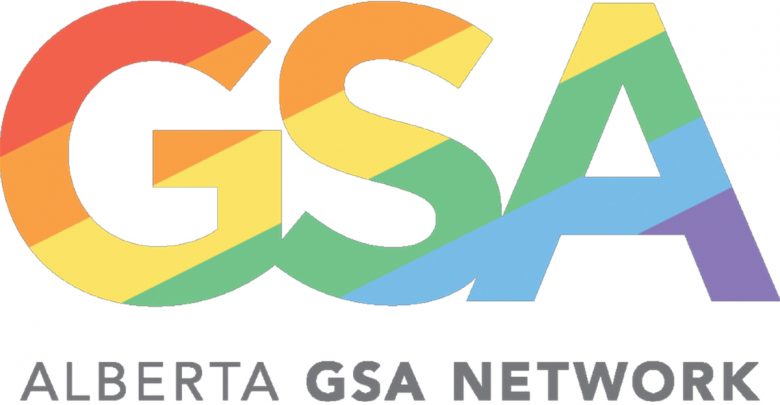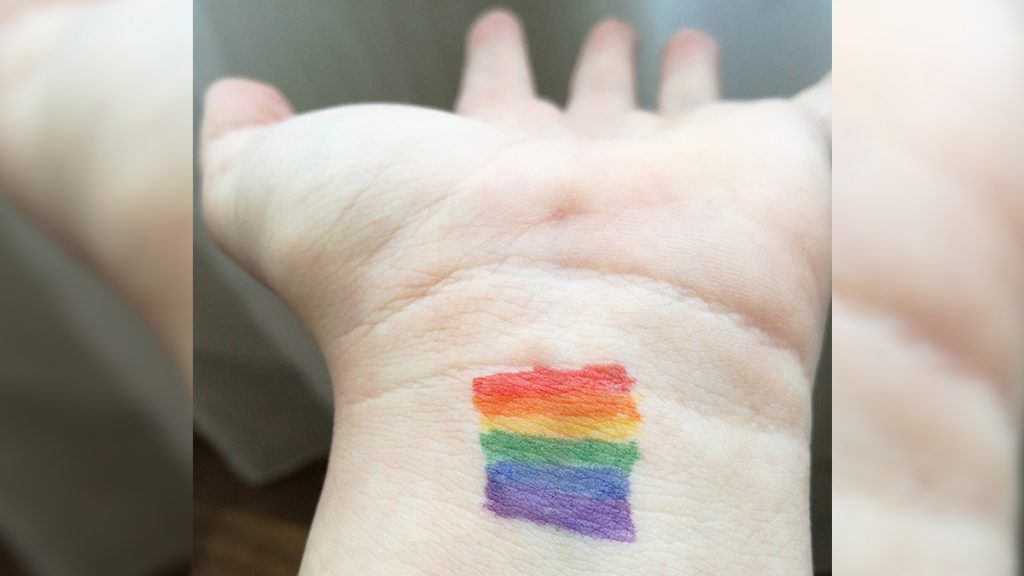 albertagsanetwork.ca
albertagsanetwork.caDespite it now being a legal obligation in Alberta for schools to allow students to create Gay-Straight Alliances and Queer-Straight Alliances (GSAs and QSAs) at school, as well as allow students to join them without parental notification, we still see some schools refusing to comply. Given that Trinity Western lost their legal battle to discriminate against queer folx on the basis of religious freedoms, it’s unlikely that the aspect of the law mandating the allowance of GSAs and QSAs at schools will be found unconstitutional. Additionally, it’s been posited many times that parents have a right to know if their children join “ideological sex clubs.” I’m going to explain why that’s wrong.
I understand why people like Jason Kenney see GSAs as “ideological;” it’s almost like there’s a weird trend where students who have participated in GSAs tend to support queer people (shocker!) and not support parties that don’t (wow!). Yet, I’ve never walked into a QSA and discovered rampant sex going on. Now I’m almost certain my glasses are the correct prescription, and I’m pretty certain queer people have yet to discover invisibility and use it to hide secret orgies, so I think “sex club” might be a misnomer. The material QSAs talk about isn’t all sexual either; it isn’t some secret sex-ed class where kids meetup to discuss the best way to have queer sex.

Rather, QSAs tend to focus on two things: creating a safe space where queer kids and their allies can feel safe to be themselves and explore their identity and providing information on what those identities could be. For example, this could be talking about the difference between being gay, bi, and pan or talking about less well-discussed identities, like being asexual. One time when a good friend and I were just visiting our high school’s GSA, we learned some basic knowledge about trans identities (though years later both of us have come to terms with being trans, so maybe GSAs do have a secret conversion ray).
The reality is that these clubs are harmless. They provide a good space to make friends, sometimes eat snacks, and learn voluntary information that children are free to take or leave. None of it is potentially illicit or dangerous and none of it warrants informing parents. Moreover, informing parents in such a way violates the rights of children as it creates a barrier to participating in these clubs. By informing parents, we increase the rates of children being outed and thus decrease their ability to feel free to join GSAs, which goes contrary to the ideals embodied by things such as articles 15 and 16 of the UNICEF Convention on the Rights of Children.
If it isn’t really violating the rights of parents or putting children at risk, the only objection left is on basis of freedom of religion. One person’s religious freedoms, however, only extend so far as they don’t impinge on the rights of others; in this case, the rights of queer kids to feel safe, welcome, and to understand themselves. Given this, mandating that schools allow GSAs isn’t violating religious freedom, but rather affirming children’s freedom from discrimination.
These schools don’t have any real justification for preventing GSAs and QSAs. They’re just being queerphobic.




